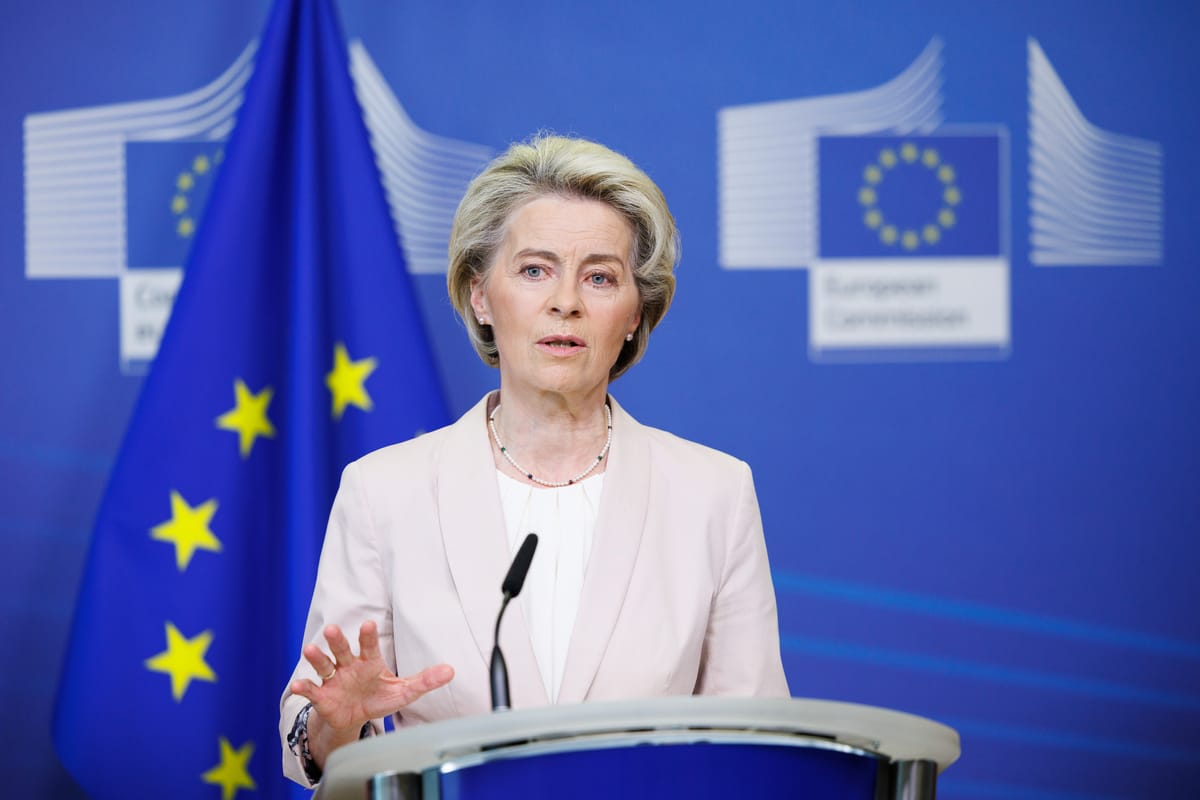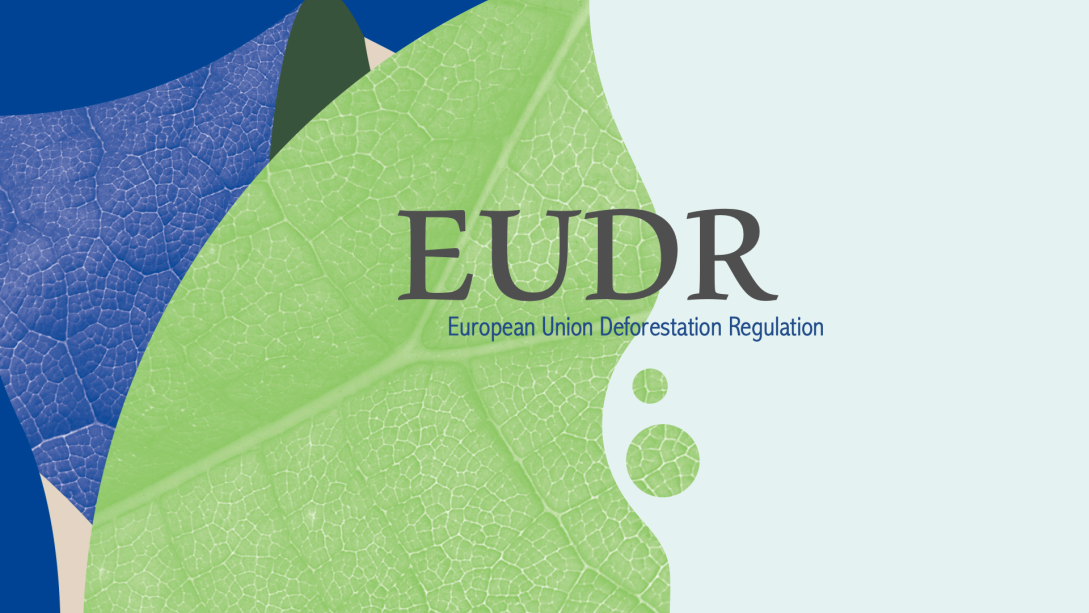Christine Schneider of the right-wing European People's Party (EPP) proposed amendments that include delaying the date when the regulation would enter into force by two years, excluding traders from the regulation's obligations, and creating a "no risk" category in the risk benchmarking process.
Fairtrade International has issued a statement calling on the European Parliament to honour the commitment made to the EUDR in 2023 and reject the legislative amendment proposals made by the EPP group that it claims contradict the urgent need to protect forests and mitigate climate change inside and outside the EU.
European Green Deal
“The EPP’s proposal demonstrates its desire to deregulate key environmental legislation of the European Green Deal. It includes an extended delay of 24 months (instead of the 12 months proposed by the European Commission), which Fairtrade believes would jeopardise the substantial investments and efforts made by thousands of stakeholders - including companies as well as coffee and cocoa farmers - to comply with the law.”
Fairtrade also claimed that the EPP wanted to remove traders' due diligence obligations. While this would reduce administrative burdens and costs for specific stakeholders in the supply chain, it could lead to less accountability for traders. The organisation has repeatedly stated that there is no environmental and social sustainability without fair sharing and management of risks across the supply chain.
'Chaos and uncertainty'
It claimed it did not agree on a 12-month delay and called on the European Parliament to vote down amendments proposed by the EPP and uphold democratically decided laws, “in order to avoid chaos and uncertainty”, while demonstrating its commitment to forests, climate change, and biodiversity.
A coalition including European Greens and liberal EU parties has also united against a threat from the right and said the postponement is terrible news. It comes after "ghost stories" about bureaucracy from the (extreme) right, but also legitimate concerns from developing countries that have not been sufficiently helped by the Commission and are, therefore, not yet ready for implementation.

Human Rights Watch
The Human Rights Watch organisation has also claimed that the "no risk" category would effectively operate as a loophole shielding businesses from the scrutiny of their deforestation record.
A vote is expected on a delay (currently by 12 months) on 14 November 2024. When the regulation comes into force (either December 2025 or December 2026), it will require companies in EU countries to ensure that cocoa, wood, oil palm, soy, coffee, rubber, and cattle they export or import have been produced in conditions that respect human rights and local environmental laws and that were farmed on land that was not deforested after 2020.
"The anti-deforesting regulation is a landmark piece of legislation that required considerable study, negotiation, and compromise and was adopted after an extensive impact assessment," said Myrto Tilianaki, senior environmental advocate at Human Rights Watch. "Delaying its implementation would be terrible news for climate-critical forests and the human rights of workers and forest-dependent communities, and these additional amendments strike at the heart of its integrity; they are simply unacceptable."
If implemented in its current version, the regulation will curb global deforestation and rights abuses associated with EU consumption. The regulation entered into force in 2023 and required companies to comply by the end of an initial transition period on 30 December 2024.

In October, after Brussels raised concerns about implementation, the European Commission announced a legislative proposal to delay enforcement by 12 months for large companies and 18 months for small and micro enterprises, triggering a process allowing lawmakers to introduce other amendments.
"Revising the EUDR not only penalizes companies that are prepared to comply, but would also undermine the regulation's effectiveness at curbing deforestation and human rights violations in the supply chains of products widely sold in Europe," Tilianaki said. "The European Parliament should reject the proposed amendments rather than let the regulation be watered down to the point at which it won't tackle the EU's enormous footprint in the world's forests."
'A bureaucratic monster'
Cocoaradar.com understands that the EPP is considering tabling as many as 15 amendments and seeking to exclude traders from the EUDR requirements to avoid “unnecessary administrative burden and the additional costs implied.”
The EPP Group is the largest political group in the European Parliament, with 188 Members from all EU Member States. It said in a statement: "The current Deforestation Law is a bureaucratic monster. If implemented, it risks hampering European farmers and businesses. That’s why the EPP Group has called for a delay, but postponement alone is not enough.”
The EU Deforestation Due Diligence Registry
In the meantime, the European Commission has opened registrations for the EUDR Information System from economic operators.
It said training sessions explaining the functionalities of the System are currently taking place.
The Deforestation Due Diligence Statement Registry is a specialised online tool that streamlines the creation of due diligence statements within an operator’s supply chains. Its purpose is to ensure that export commodities, including cocoa, comply with the EUDR and are permitted to enter the European trading bloc.
- The Information System can be accessed here: https://eudr.webcloud.ec.europa.eu/tracesnt/login.
- Read the Human Rights Watch satement in full. EU: Don’t Weaken the Anti-Deforestation Law



